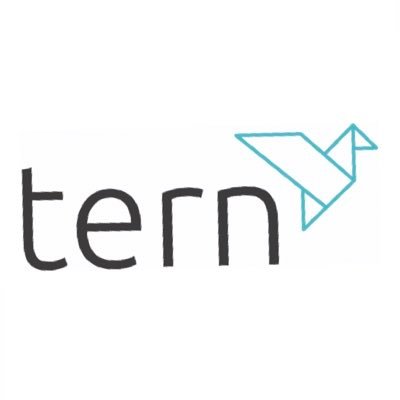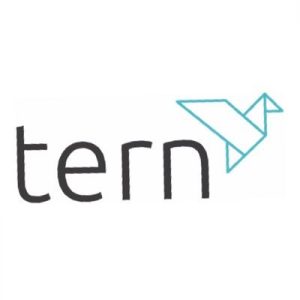Rare disease communities face challenges that extend far beyond patient care, yet these struggles are often overlooked in mainstream healthcare strategies. With over 7,000 rare diseases affecting small but diverse populations, understanding their needs requires more than just data—it demands real insight into lived experiences. AI-powered platforms are now reshaping how healthcare marketers engage with these communities, ensuring their voices are heard and their needs met with greater precision and empathy.
AI-driven technology is transforming how we capture and interpret rare disease experiences. By harnessing patient feedback from surveys, forums, and advocacy platforms, these tools provide an unprecedented depth of insight. Healthcare marketing agencies can now move beyond generic messaging to develop strategies that genuinely resonate with rare disease patients. AI curates intelligence from social data and community conversations, revealing key sentiment shifts, unmet needs, and engagement gaps. With these insights, strategists can create targeted campaigns that are not only data-driven but also deeply human.
For rare disease communities, traditional methods of analysing patient feedback are often inadequate. Unstructured discussions across multiple platforms make it difficult to extract clear, actionable insights. AI-powered solutions, like Drug-GPT, solve this problem by continuously analysing trends and aligning patient sentiment with key messaging. This dynamic approach enables healthcare strategists to adjust their outreach in real time, ensuring that their messaging remains relevant and impactful. By understanding how patient perspectives evolve, they can fine-tune their approach to foster genuine engagement and trust within these communities.
The impact of AI on rare disease advocacy goes beyond marketing. By amplifying the voices of underrepresented groups, AI ensures that their experiences are not just acknowledged but actively inform healthcare strategies. These tools transform fragmented patient conversations into a coherent narrative, allowing organisations to craft messages that truly reflect the needs and values of these communities. As AI continues to advance, it will further enhance our ability to listen, respond, and adapt—creating a more inclusive and patient-focused approach to healthcare communication.
Drug-GPT is at the forefront of this transformation, empowering healthcare strategists with AI-driven insights that make rare disease advocacy more effective than ever.
Tern plc (LON:TERN) backs exciting, high growth IoT innovators in Europe. They provide support and create a genuinely collaborative environment for talented, well-motivated teams.


